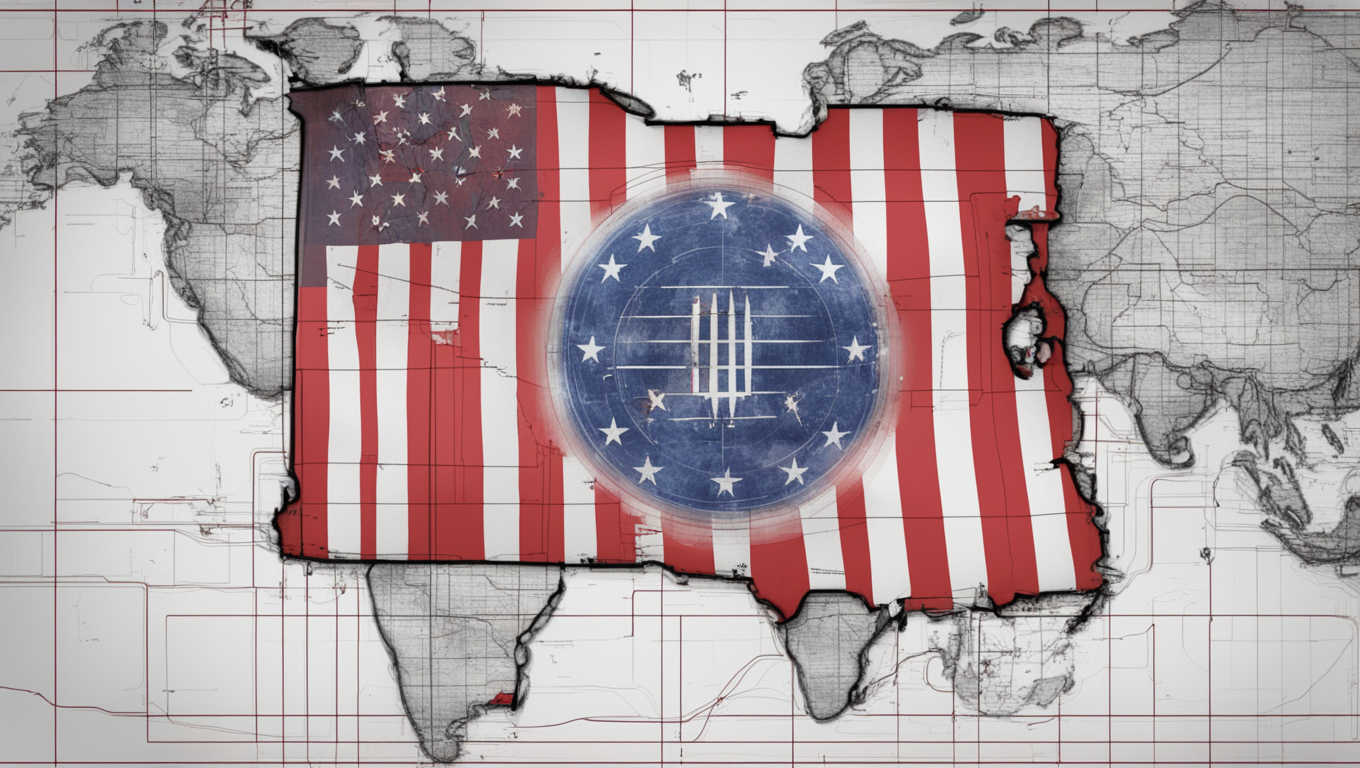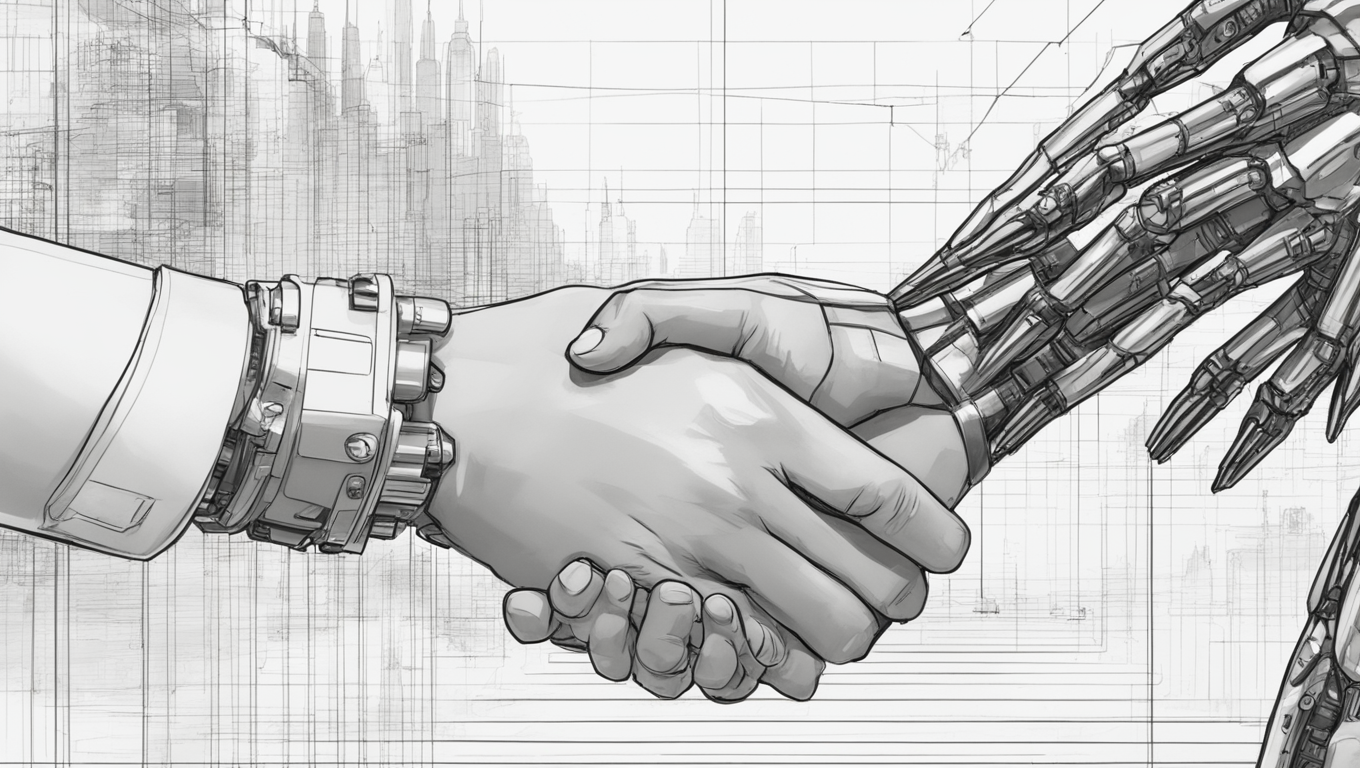The Biden administration is looking to address a loophole that currently allows Chinese companies to obtain American artificial intelligence (AI) chips through their overseas units. The United States previously imposed restrictions on the shipment of AI chips and chipmaking tools to China, but subsidiaries of Chinese companies based abroad were exempt from these restrictions, allowing them to easily smuggle the chips into mainland China or leverage remote access by employees based in China. Washington is now considering tightening these restrictions to close the loophole, highlighting the challenges of cutting China off from top AI technology.
Chinese firms have been purchasing chips for their data centers abroad, with Singapore being a major hub for cloud computing. However, the difficulties in regulating these transactions and preventing access by China-based employees make it hard to determine the extent of the problem. The rise of China’s AI capability is a concern for the United States, as it supports the development of unmanned combat systems for the Chinese military. China heavily relies on access to U.S. chips for its AI capabilities.
In an effort to limit the export of AI chips to China, the U.S. government has been working to close other loopholes as well. In August, Nvidia and AMD were instructed to restrict shipments of AI chips to regions beyond China, including some countries in the Middle East. The new rules expected to be implemented this month will likely extend these restrictions to all companies in the market. However, addressing the loophole that allows Chinese parties to access U.S. cloud providers, such as Amazon Web Services, which offer AI capabilities, presents a more complex challenge.
Experts and analysts are uncertain about the true scale of the problem and emphasize the difficulties in preventing Chinese entities from legally accessing AI chips from anywhere in the world. The Biden administration’s efforts highlight the ongoing struggle to control the flow of AI technology and the complexities of implementing effective export controls. Closing the AI chip loophole is just one part of a broader strategy to tackle the significant challenge posed by China’s advancement in AI technology. Developing comprehensive and robust measures will require careful consideration and coordination across various sectors.
As the United States continues to address these challenges, it is clear that deeper cooperation with allies and partners is crucial. The international community needs to work together to ensure responsible and ethical use of AI technology while also safeguarding national security interests. The development of AI regulations and export controls that strike the right balance between innovation and security will require ongoing collaboration and coordination among policymakers, industry leaders, and experts in the field. Only through these collective efforts can we navigate the complexities of the AI landscape and shape its future in a way that benefits all.





Use the share button below if you liked it.